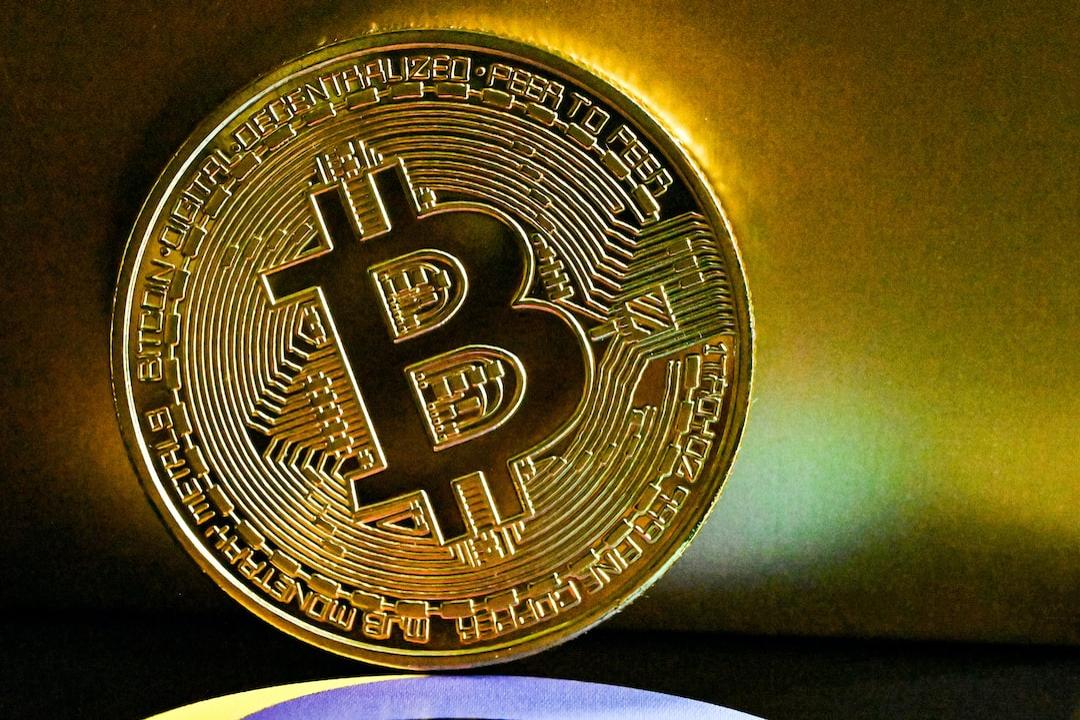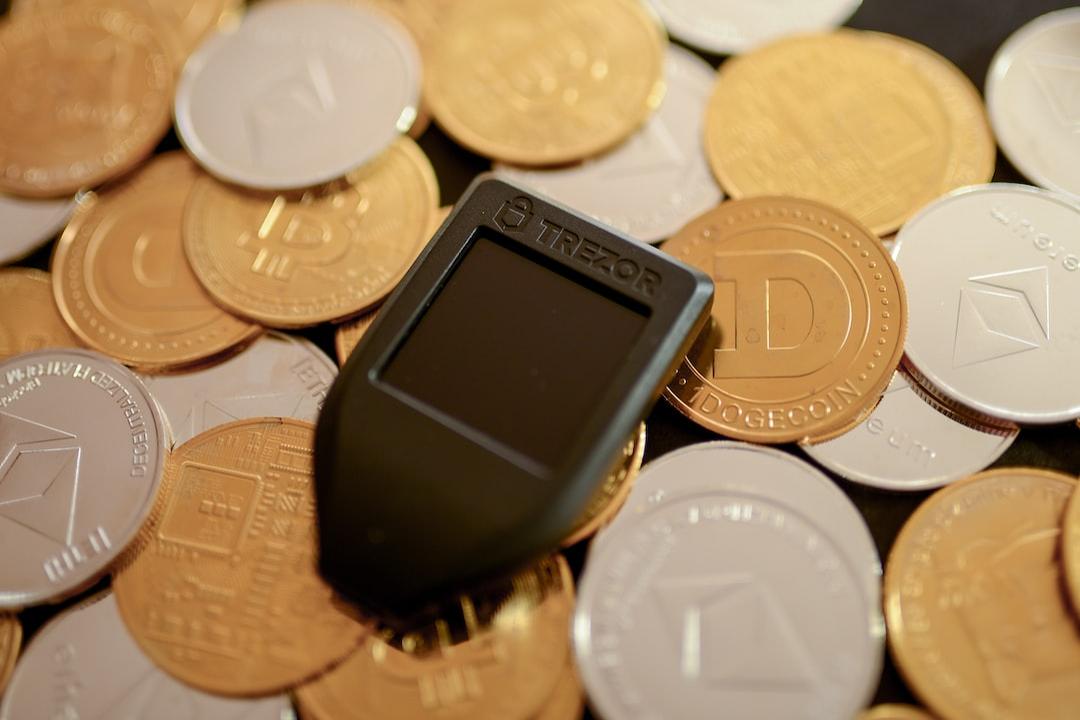“The New York Times” Exposes a Chinese Second-Generation Wealthy Individual Named Jerry Yu, Who Invested 6.33 Million Dollars in a Bitcoin Mining Facility in a Small Town in the United States, Potentially Evading Sino-US Regulations and Transferring Funds Overseas.
(Prior Synopsis:
Money Laundering Throughout China! Shandong Police Crack Down on an Underground Bank Case Involving Nearly 70 Billion Yuan, Related to Illegal Trading of Virtual Currency)
(Background Supplement:
Chaos in China: The Court Recognizes Bitcoin Mining Machines as “Property,” but Mining is Illegal and Contracts are Invalid)
Table of Contents:
Who is Jerry Yu?
Exposed for Withholding Construction Payment
Spends 6.3 Million Dollars to Become the Largest Shareholder of a Bitcoin Mining Facility
Does Jerry Yu Have a Political Background?
Since the Chinese government issued a ban on cryptocurrency mining in 2021, many Chinese miners have fled to other countries, spending hundreds of millions of dollars to build or invest in cryptocurrency mining facilities.
“The New York Times” published a report earlier this week revealing that a 23-year-old Chinese second-generation wealthy individual named Jerry Yu has invested 6.33 million dollars in a Bitcoin mining facility in a small town called Qianning, Texas, USA (with a population of less than 300 people). It suggests that these mining facilities may have become a channel for Chinese individuals to evade Sino-US regulations and transfer money into the US.
According to the report, Jerry Yu is currently studying at New York University. He is of Chinese nationality, has US residency, and lives in a top-tier Manhattan apartment purchased for 8 million dollars. He is also a major shareholder of BitRush, a Bitcoin mining company based in Texas.

Jerry Yu | Image Source: The New York Times
Initially, everyone thought Jerry Yu was just a wealthy second-generation individual studying in the US, until BitRush was sued for withholding payment to Crypton, a mining solution company. In a series of lawsuits, Jerry’s transaction records with BitRush were made public, and his source of funds and personal background came under scrutiny.
According to The New York Times, the Bitcoin mining facility in Qianning consists of dozens of small buildings, capable of accommodating 6,000 Bitcoin-specific mining machines that operate day and night to mine BTC.
Based on publicly available transaction records, Jerry and the seller had a transaction amount of approximately 6.33 million dollars, and this transaction was not conducted in fiat currency, but in the stablecoin USDT. This allows overseas investors to bypass scrutiny from the US banking system and the accompanying federal regulatory agencies, as well as to avoid China’s restrictions on capital outflows.
As the source of funds for this transaction is not publicly recorded, and the purchase agreement does not specify who will pay this huge sum of money, publicly available financial clues indicate that the transaction took place on Binance, the world’s largest cryptocurrency exchange. A spokesperson for Binance also stated that three Binance account wallets sent cryptocurrencies to the seller’s wallet, and the owners of these wallets are all foreign nationals who are not US residents.
Furthermore, Crypton, which is involved in the lawsuit with BitRush, stated in The New York Times report that Jerry is not only a Chinese citizen but also a citizen with high political influence and business status.
Although Crypton’s claim currently lacks definitive evidence to support it, according to records provided by WireScreen, a company that provides Chinese business intelligence, Jerry’s mortgage documents signed in the Manhattan apartment include the names Yu Hao (transliteration) and Sun Xiaoying, which match a Chinese couple who own company shares worth over 100 million dollars and may be his parents.
Gavin Clarkson, the lawyer for BitRush, responded on behalf of Jerry, stating that the company complies with all federal, state, and local regulations, including banking regulations. He also dismissed Crypton’s allegations as “baseless and worthless” and declined to confirm the identities of the company’s shareholders.

Related Reports
China’s National Development and Reform Commission: Will Carry Out Comprehensive Rectification of Bitcoin Mining, Industrial-Scale Mining, and State-Owned Unit Mining
China’s Deflation Hell: CPI Records the Largest Decline in 3 Years (-0.5%), Real Estate Debt Black Hole, and Falling Prices…
Bitcoin Mining Enterprises Bullish on BTC! Investments in Mining Machines Exceed 1.2 Billion Dollars this Year, with Chinese Manufacturers as the Biggest Winners
Tags:
BTC
China
Second Generation Wealthy
Mining
Bitcoin
Mining Facility
United States


